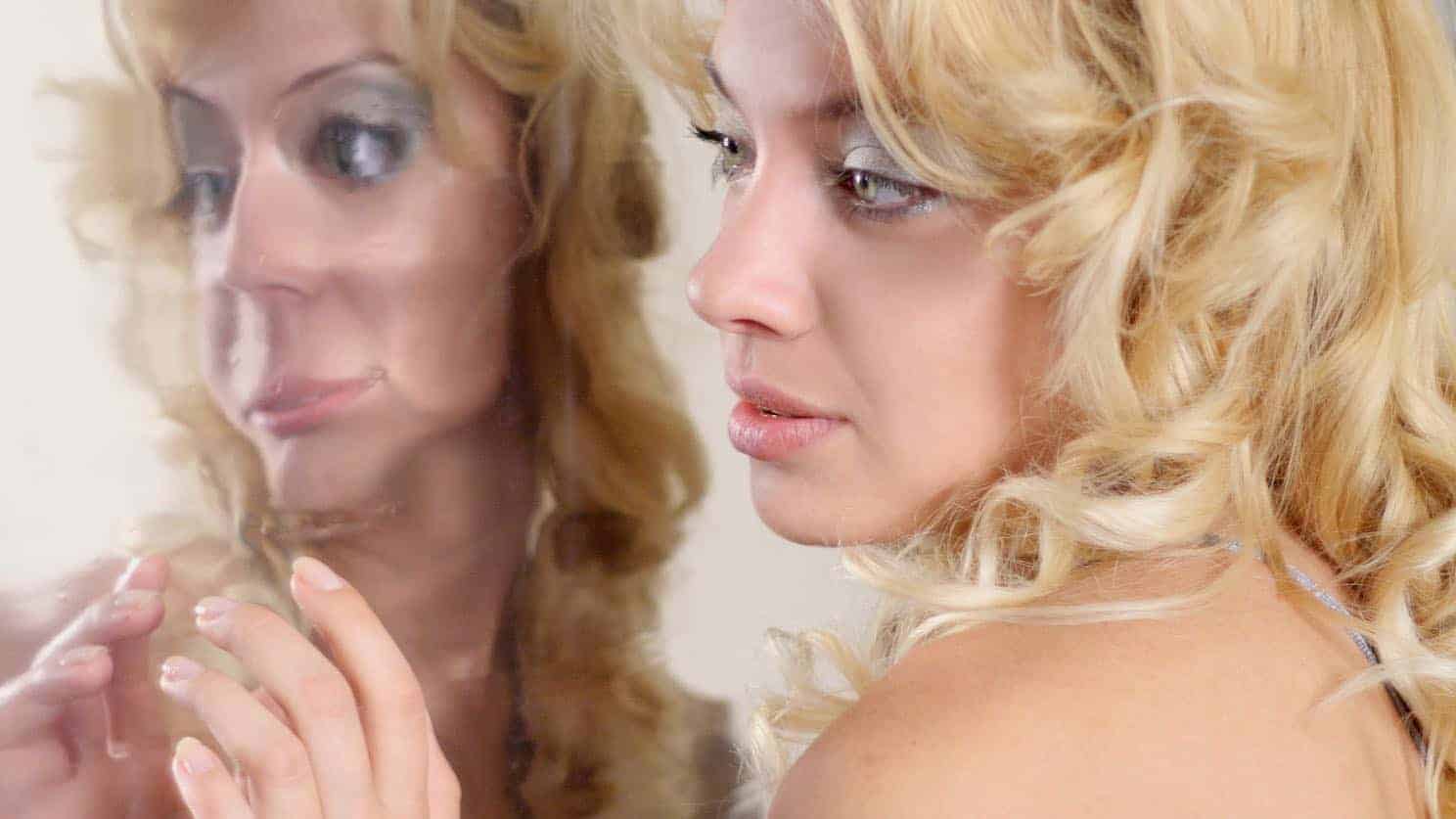How important is it to be beautiful? Is it more important to be healthy and happy? How much do the unrealistic expectations brought on by constant exposure to airbrushed advertising images and celebrity obsessions affect our idea of what is normal, attractive and beautiful? How does all this affect our body image, self-esteem and confidence?
The idea for this article came from the Dove Real Beauty Sketches video. The project involves women sitting down with forensic artist Gil Zamora who is separated from them by a curtain. He cannot see the women and they cannot see him. He sketches each woman by the way she describes her face in responding to his questions and promptings.
Once Zamora is done with the self-described sketch, he makes a new sketch, this time using the descriptions of a stranger who has just met the woman. When the two images are compared the sketches based on strangers’ descriptions are more accurate and flattering.
According to Dove’s Real Beauty Sketches website—the tagline of which invites us to ‘imagine a world where beauty is a source of confidence, not anxiety’—here’s the idea behind the project:
“Women are their own worst beauty critics. In fact, only 4% of women around the world consider themselves beautiful. Dove is committed to building positive self-esteem and inspiring all women and girls to reach their full potential. That’s why we decided to conduct a compelling social experiment that proves to women something very important: You are more beautiful than you think.”
I can imagine the majority of women believing they are not beautiful. I know Dove has been working on projects, (should I say marketing strategies), to help build positive self-esteem and other good stuff. And I have to admit—with or without a big dose of irony—the way they achieve their lofty marketing goals is very smart.
“You are more beautiful than you think!” is a positive message. The important question, however, is why are we obsessed with beauty in the first place? We shouldn’t need beauty to live happy, healthy, productive and fulfilling lives.
If it is not clear by now, let me admit that I come to the table a sceptic.
As a person who does not rate herself physically beautiful, at least going by my own definition of beauty, I don’t dwell much on the subject. Sometimes I do wish I were beautiful, but most of the time, being well dressed, good mannered, nicely turned out, educated and eloquent will do for me.
All the jobs that I have had, had nothing to do with my looks. At least I prefer to believe so. However, in his book Beauty Pays: Why Attractive People are More Successful, Daniel S Hamermesh presents a lot of evidence to the contrary. According to him the best looking women make 8 percent more money than average-lookers, while the hottest men earn 4 percent more. Women who make up the bottom 15 percent in the looks department get paid 4 percent less than average-looking women. Men in the bottom 15 percent in terms of looks earn 13 percent less than those who look average. Good looks apparently matter even in jobs where looks really don’t matter—professors who were rated ‘hot’ made 6 percent more money than others.
Even knowing this I question this constant need to appear beautiful for the sake of others’ approval. Articles on Costhetics and other sites focusing on cosmetic surgery constantly remind us that it is ‘healthy’ to have cosmetic surgery for one’s own satisfaction, but undesirable to seek cosmetic enhancements to please someone else. Who do we think we’re kidding?
Concerning body image, I share the view of Ellen DeGeneres, American television host and stand-up comedian:
“I think we put the wrong emphasis on what beauty is and what health is. And health is about being vibrant and having energy and happy…
“If you are healthy it has nothing to do with how much you weigh. To me it’s really important to remind people what beauty is and what health is.”
We need a lot more emphasis on health and a whole lot less on beauty. But getting that message across against the all-consuming current emphasising beautiful slim bodies is not easy.
In fashion, cosmetics, personal care or foods and beverages, swimming against this combined global current is a battle only a few hardy souls win. It is especially hard because global corporations rarely flood airwaves and magazines and toy stores with messages of positive self-image and good health. All the large corporations, including Dove’s parent Unilever, stresses the opposite. You knew Axe is a Unilever brand, just like Dove, didn’t you?
So this is why I am sceptical about Dove’s good intentions. How much better would it be for Dove to send a message that beauty is about more than looks? That beauty in a woman is all about how she feels inside? We would all be in a far better place if we lived in a “world where beauty is a source of confidence, not anxiety”.
What do you think? Please share your opinions with your fellow readers and us.
